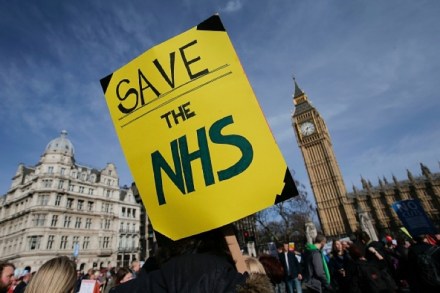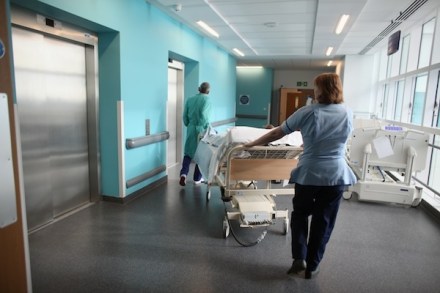Letters | 25 May 2017
NHS in a mess Sir: Max Pemberton is quite right to say that the NHS is close to collapse, but I’m not sure a Royal Commission is the answer (‘This is an emergency’, 20 May). The problems facing the NHS have been obvious for years, and need, as Max points out, a strong politician to take unpopular decisions, not an expensive Royal Commission to decide what the issues are. The other problem with a Royal Commission is that it would draw its membership from senior doctors, retired politicians, and other members of the establishment, some of whom are responsible for the mess in the first place. Dr Chris Nancollas Yorkley,

















